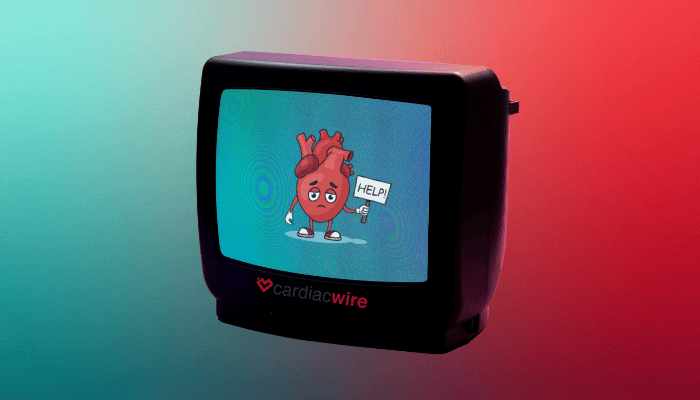Marking its departure from the TAVR market, Boston Scientific officially discontinued sales of its Acurate neo2 and Acurate Prime TAVR systems and will no longer seek approval from the FDA or other regulatory agencies.
- The Acurate valves were distinguished by a self-expanding stent frame with supra-annular leaflets and an Active PVseal skirt to minimize paravalvular leak.
- However, Boston Scientific’s TAVR systems faced steep competition from device incumbents like Medtronic and Edwards Lifesciences.
- The Acurate Prime TAVR valve gained CE mark approval in 2024, but FDA approval never came, effectively widening the gap between Boston Scientific and its competitors.
While there’s no one reason to blame for Boston’s decision, it’s likely the recent three way clinical comparison trial presented at TCT 2024 was part of it, as the Aucrate neo2 failed to meet the noninferiority margin compared to Medtronic’s Evolut and Edward’s Sapien platforms.
- During the study, patients treated with the Boston Scientific valves ultimately faced worse outcomes than patients treated with the Medtronic and Edwards valves.
- Researchers also noted that approximately 20% of the Acurate neo2 valves were not fully expanded, which may have been due to a lack of training rather than design error.
Whatever the reason behind the decision, Boston’s departure from the TAVR race underscores the complexity and difficulty around breaking into this market.
- For example, Medtronic’s valves are more widely used in Europe, while Edwards’ valves dominate in the U.S., with both cases a byproduct of which valve hit the market first.
The Takeaway
For Boston’s Acurate valves, getting to the party so much later than Sapien (which has established infrastructure and reputation among interventionalists), meant the devices needed to be significantly better or significantly cheaper to earn their place. Unfortunately the data didn’t seem to support this, leading Boston Scientific to bow out.





